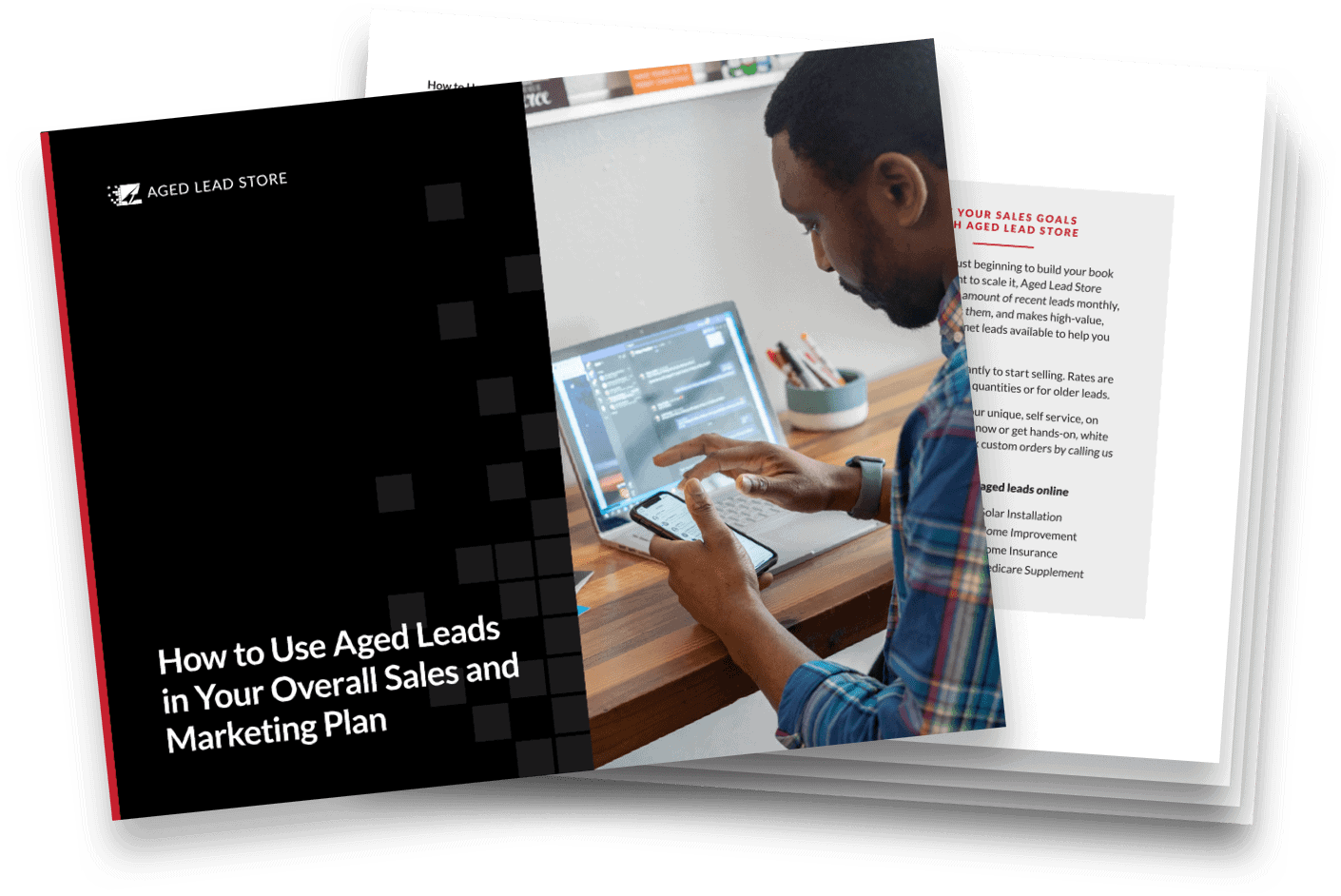Finding good insurance leads during times of economic uncertainty can be difficult. Perhaps you, like so many other agents, are struggling to find new prospects to boost your sales. This article looks at 11 methods agents like you have found helpful.
Browse qualified insurance consumer intent data.
1. Referrals from Current Customers
This is easily one of the most popular methods used to find prospects. In fact, about 25 percent of insurance agents say that they rely solely on customer referrals. If you’re one of these 25 percent, you may want to continue reading and identify some other methods you can use to find potential clients. After all, you know what they say about putting all of your eggs in one basket.
2. Visit Prospect Personally As a First Contact
Many agents these days are putting the phones away and actually dropping in on potential buyers. If you can develop some knock-out sales materials and a quick elevator-style presentation about how you can solve the prospect’s problems, you may walk away with a sale – or at least an invitation to return.
3. Cold Call
Cold calling has always been one of the most popular ways to reach out to potential customers, so it isn’t surprising to find it on this list. While few agents really enjoy cold calling, most will admit that it can be quite profitable.
4. Recommendations from Agents Who Sell Other Products
This method is why it’s important to attend networking events and get to know agents who sell all kinds of products. You want your name to be the first thing that pops into an agent’s mind when he or she can’t meet a prospect’s needs.
5. Email Marketing
Email marketing can be a fast, painless way to contact your leads and to follow up with customer relationship management.
6. Real-Time Internet Leads
Responding to leads in real time can really keep you on your toes. The good news is that if you’re able to follow through with these leads in a timely manner, you will boost your conversions. The bad news is that many real-time leads slip through the cracks and get no contact whatsoever.
7. U.S. Postal Mailings
Sales mailings used to be scorned as “junk mail” and tossed aside without as much as a second glance. Now, because more companies are marketing through email, texts, and telephone, a piece of direct mail is something of a novelty. Your potential customers may read it out of curiosity, and if your copy is strong, you may well make a conversion.
8. Buying Lists for Mailings
Some companies sell lists of contact information they have obtained in one way or another. The drawback of these lists is that, in many cases, the customer hasn’t asked to be placed on this list and doesn’t welcome contact.
9. Referrals from Agents in Other States
This method of obtaining insurance leads again highlights the importance of networking, both locally and globally. You can often use social media venues such as Facebook and Twitter to get to know agents in other states and to make it clear that you are pleased to receive referrals from them and that you will return the favor.
10. Telemarketed Leads
Telemarketed leads have already been contacted by phone and have expressed an interest in the products you are selling. These leads require fairly quick follow-up so that they don’t lost interest or find another provider.
11. Aged Internet Leads
Aged Internet leads are the leads that somehow slipped through the cracks and never received follow up. Many never even received an initial call. Opinions about the value of these leads are decidedly mixed in the insurance community. 64.5 percent of agents say they rarely or never use such leads, while 8.6 percent admit to using them most of the time or all of the time. About 25 percent of agents say they buy and follow up with used leads some of the time.
These, then are the methods agents are using to find and contact insurance leads. If you aren’t already using all of them, try a couple of new ones and see if they help your conversion rate.
Many agents find prospects to have a harder time slamming door on them than hanging up the phone and that they have a much better chance in person.














